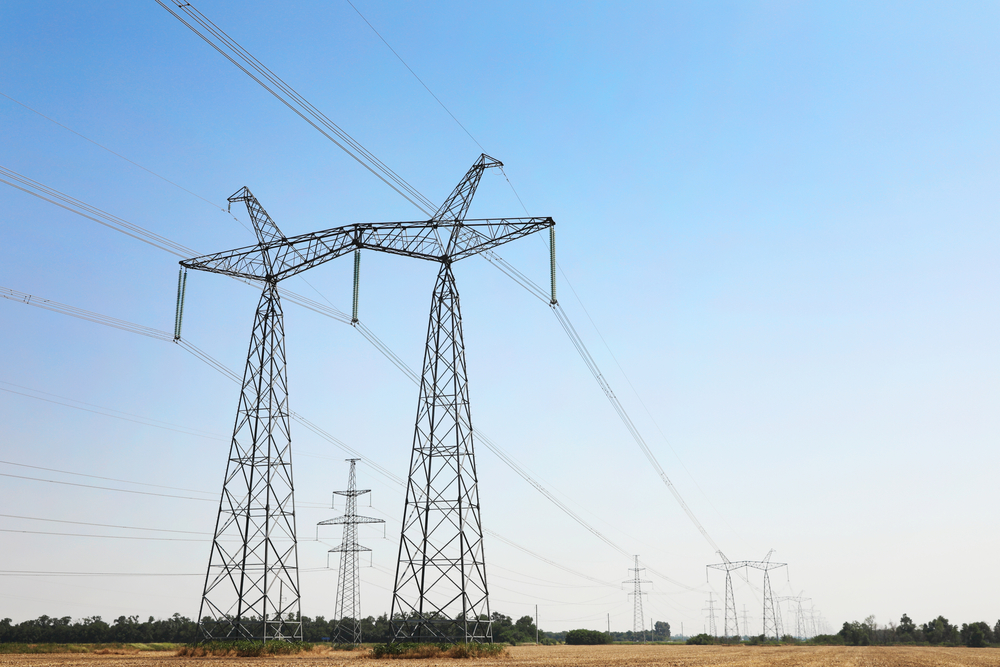
Bellwether Properties, LLC, (“Bellwether”) owned property encumbered by a 10’ utility easement owned by Duke Energy, Indiana (“Duke”). Duke owned a transmission power line that ran through the property centered within the easement area. Bellwether wanted to build a warehouse on its property abutting the easement. Duke informed them that the electrical safety code would not allow Bellwether to build within 12.5 feet of the power line, some of which was outside of the 10’ Duke easement. Bellwether sued Duke for inverse condemnation, claiming that Duke had taken part of its land without compensation by disallowing Bellwether to utilize the property abutting the easement for the warehouse.
The parties disagreed whether Bellwether’s claim was an issue of a physical taking or a regulatory taking. A physical taking is one where the government acquires the private property for a public purpose as opposed to a regulatory taking where the government’s regulation of the property is so onerous that it in effect has taken the property. The court recognized two categories of regulatory action that are deemed regulatory takings: (1) where government requires an owner to suffer a permanent physical invasion of her property and (2) regulations that completely deprive an owner of all economically beneficial use of their property.
The Court treated the claim as a regulatory taking and examined the case under the lens of Penn Central Transportation Co. v. New York City and weighed the factors created by the US Supreme Court for regulatory takings – (1) the economic impact of the regulation on the property owner, (2) the character of the governmental action and (3) if there was a physical invasion as opposed to a public program adjusting the benefits and burdens to the property owner to promote the common good. Using the Penn Central factors, the court determined that the economic impact to the Bellwether property was minimal. The warehouse to be built had to be resized by only 150 square feet and it reduced the number of storage racks in the building from thirty to twenty-nine. The court also found that the electrical code clearance standard had already been in the Indiana Administrative Code when Bellwether purchased the property and property owners are charged with knowledge of the laws that affect their property. Further, the clearance was intended to protect lives and property from being too close to electric transmission lines, which is applied across the board, not just to the Bellwether property.
Because Bellwether did not meet the standard set forth in Penn Central, the court ultimately found that the prohibition of building the warehouse, even outside the easement area, was not a compensable taking by Duke. The decision in Duke Energy, Indiana, LLC v. Bellwether Properties, LLC affirms a condemnor’s rights within right of way easements and should serve as a caveat to landowners to carefully consider easements when considering current and future property improvements. I have practiced eminent domain condemnation law for over a decade and accept case referrals from attorneys across Indiana and represent commercial, agricultural and residential landowners to assert their rights and maximize compensation in land acquisition transactions.
Article by: Lindsey M. Bennett, attorney





